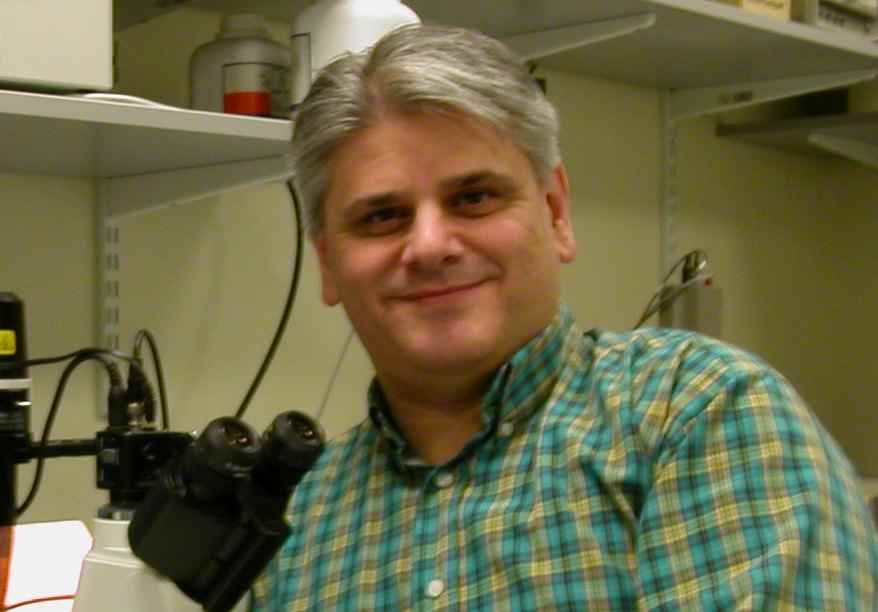 |
|
Francesco Michelangeli, UK
What Knowledge and Skills would be expected of Molecular Life Science Graduates
Francesco Michelangeli: School of Biosciences, University of Birmingham, Edgbaston, Birmingham, UK. B15 2TT
The acquisition of subject-specific knowledge, the understanding of that knowledge and the use or application of that information, should be the aspiration of all university students. As educators in the molecular life sciences we should be striving to facilitate these aims through our interactions with students. After an extended period of study, we hope that our students should be developing into competent life scientists, whether or not they ultimately wish to pursue a career in science in the long-term. We also hope that we equip our students with a range of skills that enable them to compete in the jobs market by making them appealing to potential employers, whether these jobs are in the science sector or not. As part of this session we shall be having group discussions with regards to what constitutes key subject-specific knowledge and skills, as well as what constitutes transferable skills that would be expected of graduate-level employees.
Biography
Francesco (Frank) Michelangeli is a senior lecturer and Head of Biochemistry programmes within the School of Biosciences at the University of Birmingham. Frank gained his PhD from the University of Southampton, under the supervision of Professor A.G. Lee. He was subsequently awarded a NATO fellowship to undertake research into Ca2+ homeostasis mechanisms at the University of Padova, Italy, under the guidance of Professor Tullio Pozzan. His main research interests are in membrane biochemistry and Ca2+ transport proteins in particular. To date, Frank has published over 100 papers in these fields and has been on the editorial boards of several journals including The Biochemical Journal, Bioscience Reports and The Biochemical Society Transactions. Frank was the honorary membership secretary and a trustee of the Biochemical Society, where he was actively involved in promoting the Society and improving engagement with its members. Recently Frank was elected to serve on both the FEBS and the Biochemical Society education committees.
Frank teaches many aspects of biochemistry / biomedical sciences to undergraduates studying for degrees in Biochemistry, Biological Sciences, Medicine, Dentistry, Nursing studies and Biomaterial sciences. In addition he also teaches on the M.Sc. programme in Toxicology. His lecture topics cover a variety of subjects including metabolism, regulation of enzymes, signal transduction, membranes and transport, pharmacology, immunology and the molecular basis of disease. His particular teaching interests are in the development of specific laboratory / scientific skills and he has devised numerous undergraduate practical classes in enzymology, lipid analysis, immunology, pharmacology and cell signalling.
|
|
|
|
Jean-Luc Souciet, FR
What to teach in biochemistry? Results and prospects of a brief survey in French Universities
Jean-Luc Souciet, Université de Strasbourg (F); Reynald Gillet, Université de Rennes 1 (F); Norbert Latruffe, Université de Bourgogne (F).
Biology is a rapidly evolving domain of Sciences, each year plenty of new methods and new technologies give to our scientific community the opportunity to dissect an improve biological processes at very fine level with a high level of accuracy. The pertinent usage of these new tools reveals a very fine understanding of the cell function at the molecular level and uncover the broad range of mechanisms retain by evolution to assume similar function in each large group of evolving species. This incredible quantity of new data generated each year has a strong impact on education in molecular life sciences, it requires a sort and thought to ask a key question: what to teach?
The brief survey perform in different French Universities indicates five major goals representing the basic requirements for the acquisition of good standards in life science education. The presentation will focus on these, in order to open a discussion about the changes in the contents.
However the impact of molecular life science knowledge is not restricted to the scientific community but have large societal implications, which often has an ethical dimension, as for examples: food safety, animal health and welfare, the introduction of ethical points should also be integrated.
Biography
Biography to follow
|
|






